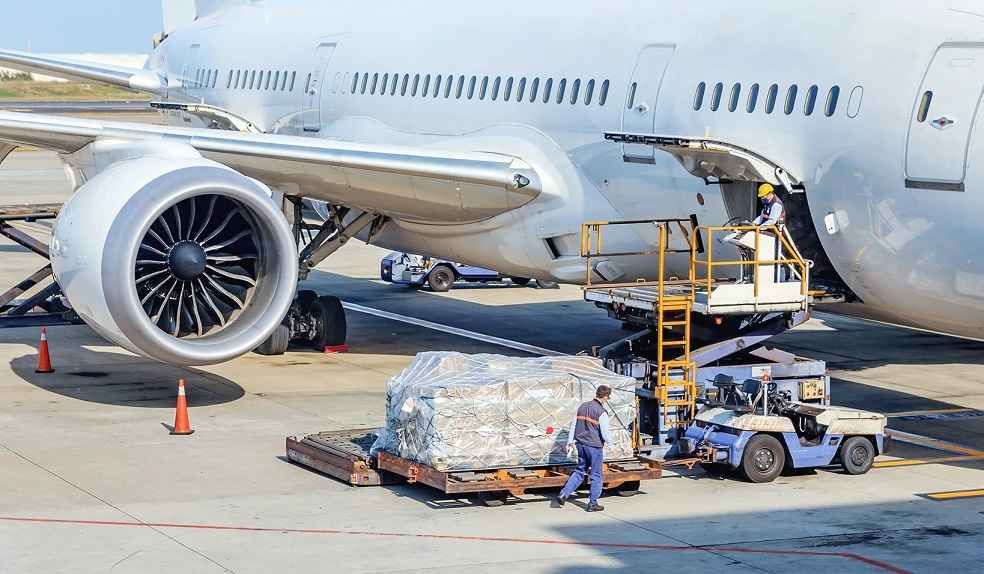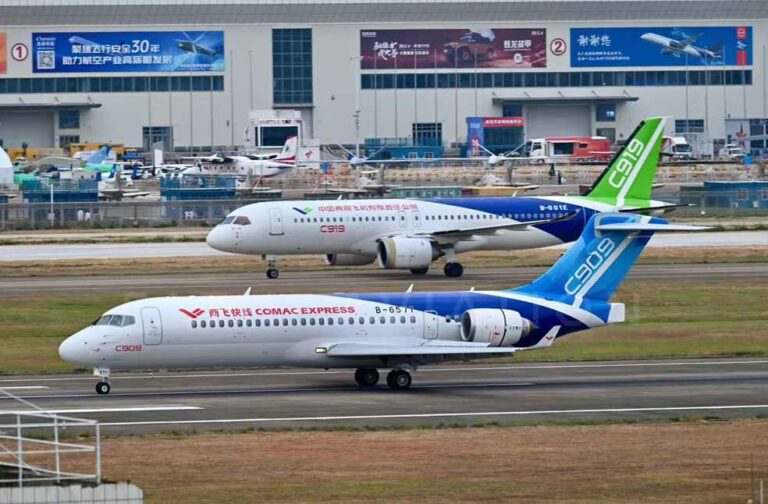Tensions between India and Pakistan have spilled into international airspace following the April 22 terrorist attack in Pahalgam, which claimed 26 lives. The attack is the most severe since the 2019 Pulwama incident and has led to significant diplomatic and logistical repercussions, including disruptions in aviation routes as global airlines avoid Pakistani airspace.
Flight tracking data reviewed on Monday showed that several major international carriers, including Lufthansa and Air France, have begun rerouting flights to bypass Pakistan. The move comes after India closed its airspace to Pakistani carriers, prompting reciprocal restrictions from Pakistan. While Islamabad has continued to allow international airlines to use its airspace, it has imposed tighter trade controls and special visa requirements for Indian citizens.

Lufthansa confirmed to Reuters that it would indefinitely avoid Pakistani airspace, citing longer flight times to Asian destinations. For instance, its Frankfurt-to-Delhi service (LH760) required an additional hour of flight time on Sunday due to the rerouted path, as reported by Flightradar24. This adjustment not only increases fuel consumption and operational costs but also impacts Pakistan’s overflight fee revenues, which are typically calculated based on aircraft weight and distance traveled.
Aircraft operated by British Airways, Swiss International Air Lines, and Emirates were also observed flying alternative, northerly routes via Delhi, avoiding Pakistani territory after traversing the Arabian Sea. British Airways and Emirates have yet to issue public statements on the route changes.
Air France officially suspended its overflight operations across Pakistan, attributing the decision to the region’s escalating instability. The airline referred to the “recent evolution of tensions” as the primary reason for its indefinite halt.

The diplomatic fallout has also extended to economic and logistical domains. India has suspended the Indus Waters Treaty, halted all bilateral trade, and enforced a comprehensive import ban on Pakistani goods, including those routed through intermediary countries. Postal services and parcel deliveries from Pakistan have also been stopped.
Additionally, India has barred Pakistan-flagged vessels from entering its ports and prohibited Indian ships from docking in Pakistani harbors. According to officials, these measures aim to close all possible routes of indirect trade, enabling customs authorities to block attempts at circumventing the bans.
POLICY & LAW | Japan Demands Full Tariff Review for U.S. Trade Deal



